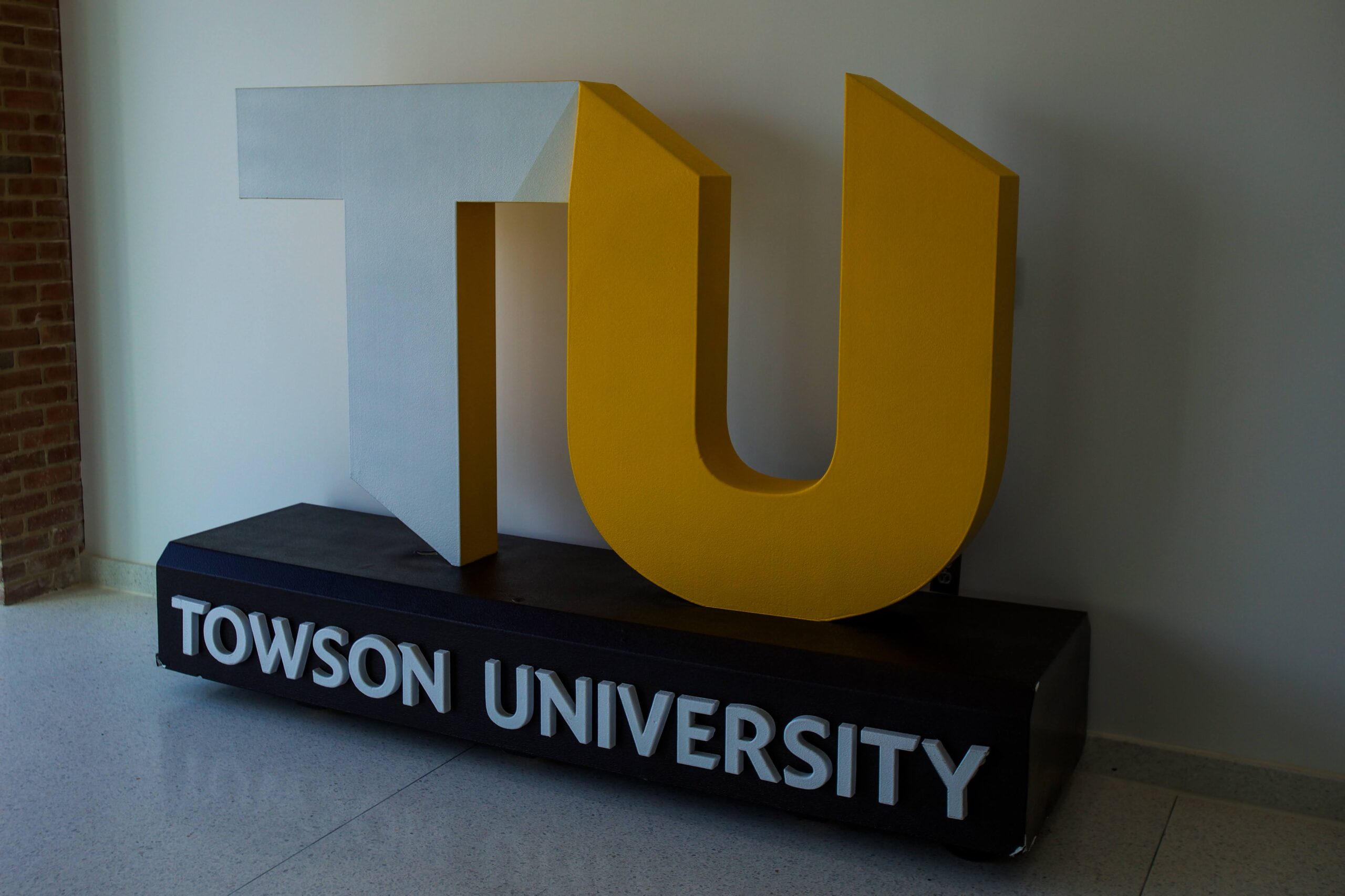
Several Towson professors participate in #MakeClimateAClass week
By: Gabriel Donahue, news editor
Twelve Towson University faculty members participated in the 2023 #MakeClimateAClass week, a national teach-in dedicated to discussing climate change and solutions during the week of March 27.
The Towson University Sustainability Community of Practice invited faculty to partake in the teach-in. Over 450 students were reached in the effort, Assistant Director of Sustainability Paddy Watson said.
The initiative is part of the Worldwide Teach-In created by Bard College in 2020. Its goal is to introduce conversations about climate issues and solutions in schools across grade levels, according to a video about the teach-in.
“We know from our understanding of the courses that are being taught throughout the campus that there’s a healthy portion of faculty that are teaching on climate-related issues, so sustainability or sustainability-related issues,” she said. “There are courses in each college that relate to sustainability … we just want to show the connectedness of that throughout the curriculum.”
The Sustainability Community of Practice brought the initiative to Towson for the first time this past week, according to Watson. She leads the group alongside associate professor Sya Kedzior.
The community is “a cohort of faculty members that are interested in integrating and collaborating on the integration of sustainability and climate action into the curriculum,” Watson said.
Sarah Haines, a science and environmental education professor, said she integrated the topic into her honors freshman seminar, Water and the Environment. She said she focused on the climate impacts of agriculture and animal agriculture and how it disrupts the water cycle.
“My audience, for the most part, is the younger generation, and they’re the ones who are gonna be stuck with trying to solve a lot of these problems,” Haines said. “We need to equip them with the knowledge and the skills and, what we call in my field, the environmental literacy — they have to be literate about what these issues are.”
Brian Fath, a professor in the biological sciences department, said he discusses climate change in most of his classes, and the content he shared with his students for the teach-in was close to what he normally would.
Fath discussed waste management and methane generation from landfills with one of his classes for the teach-in and brought one to the Urban Farm behind the Administration Building. Students in the TU Urban Farm club maintain the farm.
A message he said he hopes to get across to his students is to think about how their actions affect other things, and climate change is a good lens to analyze this kind of interconnectedness.
“It would be impossible for me to avoid talking about climate change in these classes,” Fath said. “We’ve already introduced these concepts, and they’re thinking about whatever they do that impacts greenhouse gas emissions.”
Watson said that while she hopes to continue with the worldwide teach-in, it may not always be necessary once the climate is intentionally integrated into Towson’s curriculum across all the colleges.
“The ultimate goal is to really make sure that we’re continuing the education of our students as it relates to eco-literacy,” she said. “We wanna make sure we are being the best stewards of all of our resources while respecting our faculty’s time and workload.”
On this note, Haines said she tries to incorporate climate issues into all of her classes when possible.
“You can’t respond to [climate change] if you don’t know about it, so you have to be educated about the issue in the first place,” Haines said.

